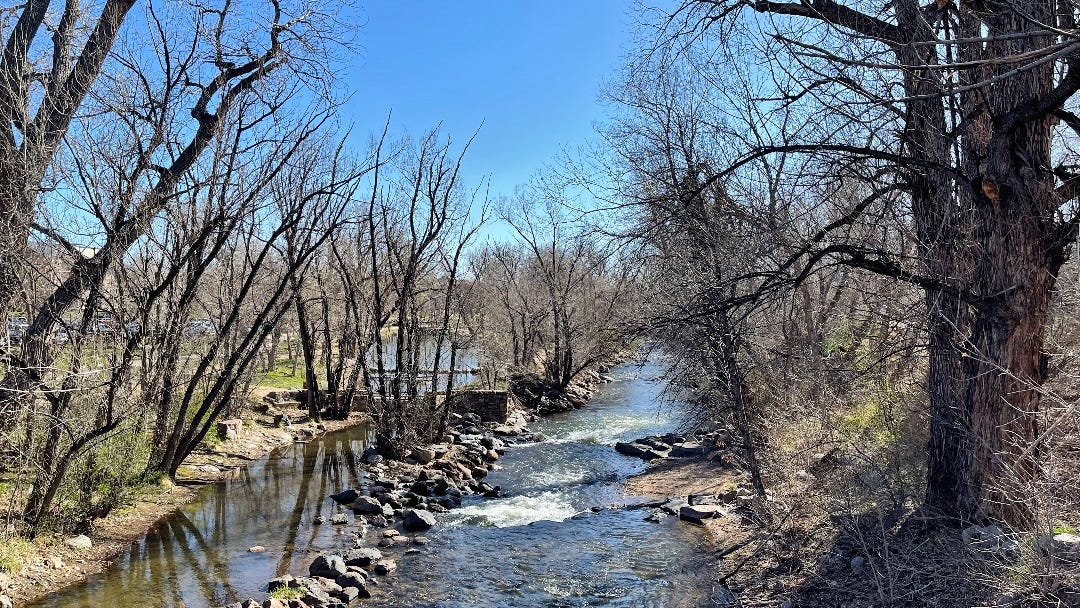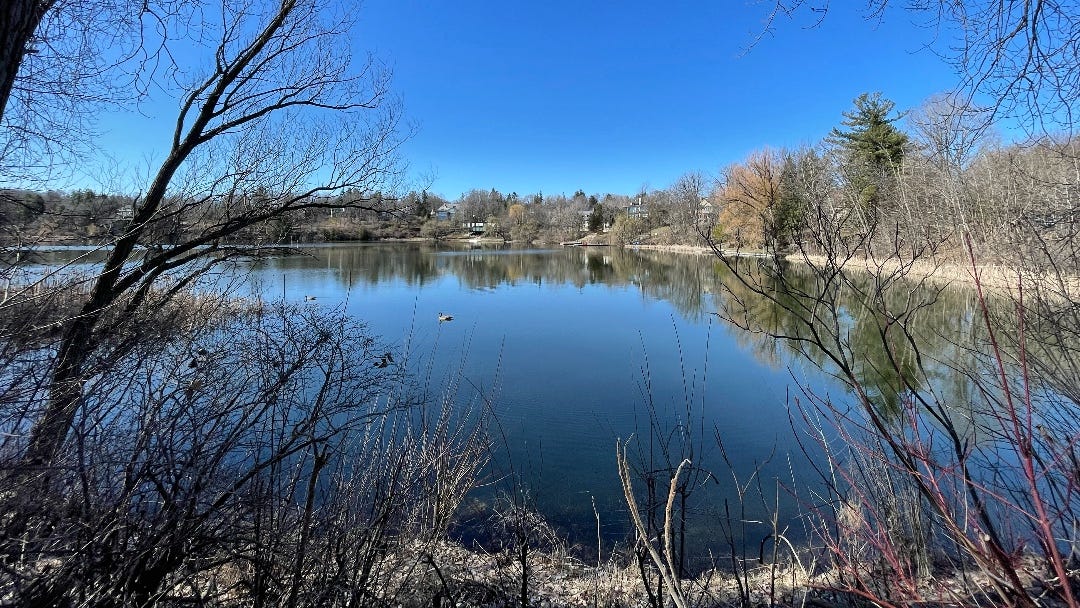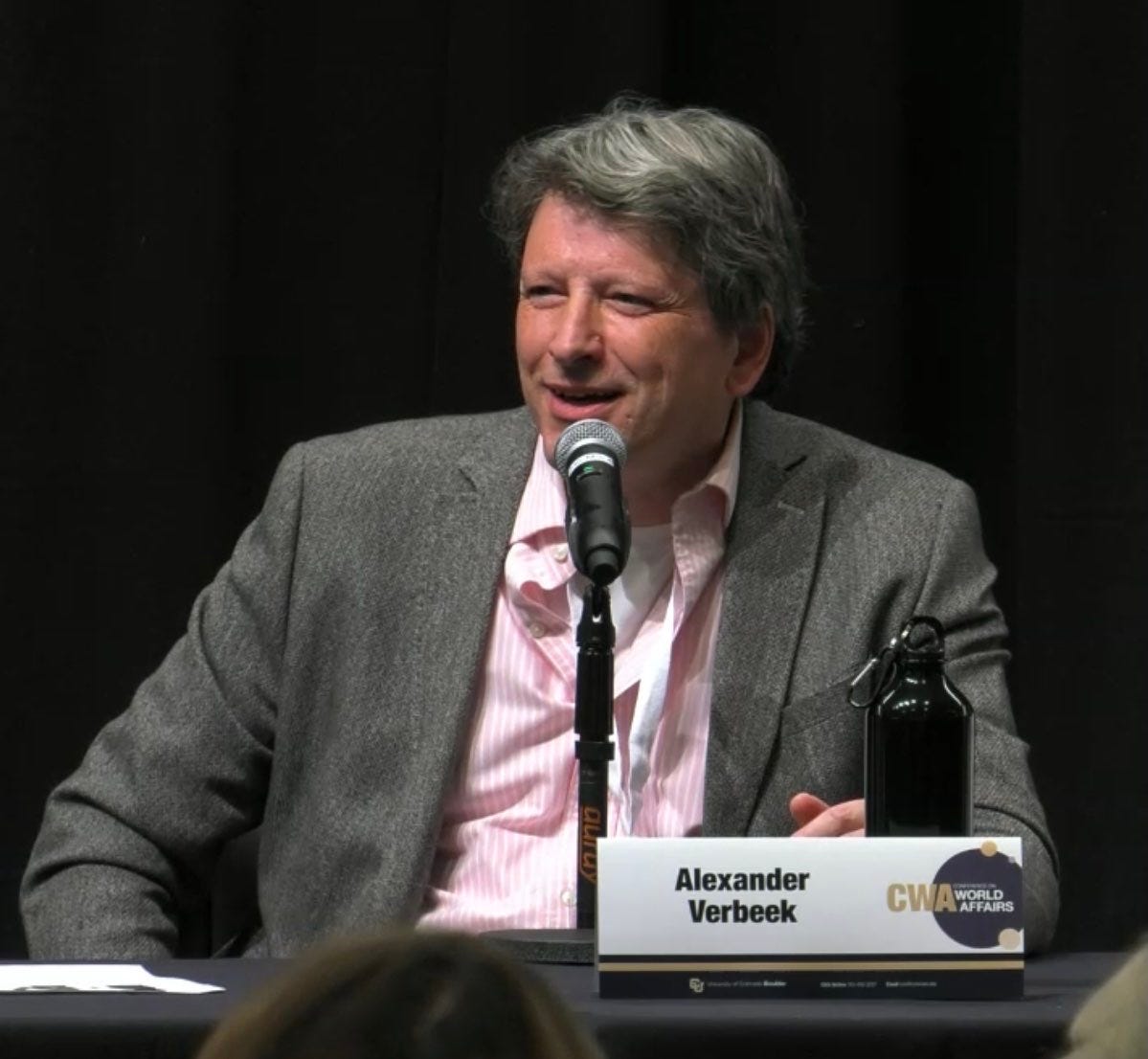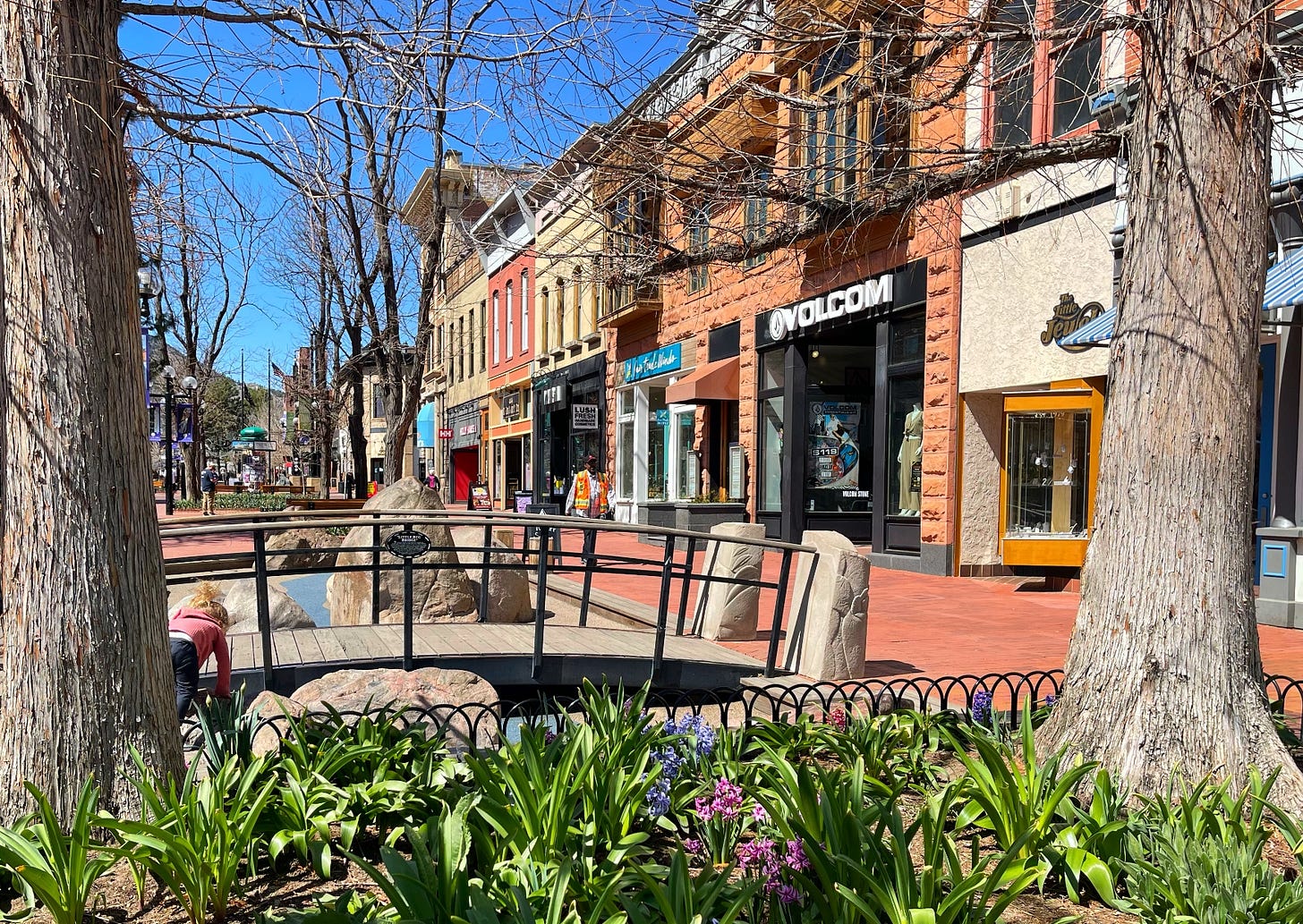On COP29, Those 300 billion Dollars and the Lack of Real Climate Action
Week 15; April 8-14, 2024
So, there is an agreement in Baku. The COP29's annual financial package for the poorer countries of 300 billion dollars by 2035 is not legally binding and was negotiated under tense conditions. Worse, it is not enough.
No one missed the shadow of Trump's return to the White House. I remember well the despair in Marrakech at COP 22 in late 2016, just after Trump's first election as president of the historically most polluting country in the world. It dampened the optimism in the climate community after the success of the Paris Agreement just a year earlier. This time, that shadow must have been darker for all the same reasons why many fear that the Trump 2.0 version may be far more damaging than the first time.
This cop was mainly about who pays the bill for the climate crisis. Independent experts had advised before COP29 that developing countries would need 1.3 trillion dollars per year to move towards cleaner energy use and to prepare for and deal with the effects of climate change. They got a pledge from rich countries of 300 billion dollars annually by 2035. This commitment means that the countries responsible for the climate crisis willingly ignore the measures and, thus, the financial resources needed to keep global warming under 1.5 degrees Celsius.
Each negotiating expert and their governments know what this means: a dangerous level of global warming with huge human, ecological, and financial costs. Getting the genie back into the bottle above this level will also be extremely tough. To summarize: the house is on fire, but we don't want to carry enough buckets of water to put it out.
Passing buckets in a line to put out a fire only goes as fast as the slowest handler. That one has a name: Saudi Arabia even resists mentioning fossil fuels. It's like a doctor responsible for boozers with extended livers who refuses to talk about alcohol; he won't provide the cure.
Nor does it help the negotiations that China refuses to become a climate finance donor. More than 30 years ago, it made sense the country was not on the list of rich nations, but that is hard to maintain now. China also has the world's highest emissions of greenhouse gasses and recently left the EU behind on the list of historically highest emitters; only the US is on that list ahead of China.
Week 15, 2024
In week 15, the week of April 8-14, and the one we revisit today in our daily review of 2024, COP29 was still far away—nearly as far as the election of climate denier Trump. Half a year ago, there was more hope in the world, mainly because this is a year of elections all over the world. Perhaps naively, I hoped people would speak out about their climate worries and vote for leaders who prioritize a livable planet for their children.
I was not the only one. The UN's head of climate change, Simon Stiell, urged citizens to raise their voices over climate change, as more than half of the world was voting in elections this year. Still, he saw a disconnect between the climate action ordinary people wanted their countries to take and the government response. He warned that humanity had just two years left to "save the world" by making dramatic changes to emissions and even less time to get the finances for this shift.
By now, Stiell knows what we all know: emissions have gone up instead of down since then. We need a miracle to prevent smashing through the 1.5C limit with deadly consequences for many. Getting the financial support in order has failed. Supporters of this morning's outcome in Baku will tell you that support will triple (in 11 years when the situation will be dramatically worse). The poorer nations will refer to the independent experts' report that this is less than a quarter of the amount needed.
Sadly, the biggest election year in human history showed a lack of priority for climate change. None of the climate records broken or the severity and frequency of the extreme weather events were enough to make people vote for the one issue that connects all of us: it is existential, urgent, and mostly ignored. The Guardian wrote about it here.
After the challenges, the beauty
This newsletter is also about natural beauty and enjoying life, counterbalancing the worrying news about environmental challenges and reminding us about what's at stake. So here are my photos from the week of April 8-14. Please share your photos, memories, or opinions on COP29 in the chat.
What are your memories of mid-April 2024? Join the chat, see what other newsletter readers saw, share your photos, and comment on the newsletter or COP29.
Did you know that clicking on the ❤️ at the bottom or the top of this post will help others discover my publication? You can also share it with others. The best way to support my work and not miss anything is by subscribing to this newsletter.














Discouraging for sure. We will continue to do what we can in the US under Trump 2.0.
Pleasant to remember your time in Ottowa and Boulder.
I don't see how anyone could take COP29 seriously when the oligarchic-petrostate-dictatorship host has openly declared it intentions to double its fossil fuel output over the next 10 years, to increase mining, and continue selling Russian oil—to say nothing of its egregious human rights abuses and ethnic cleansing of its neighbors.